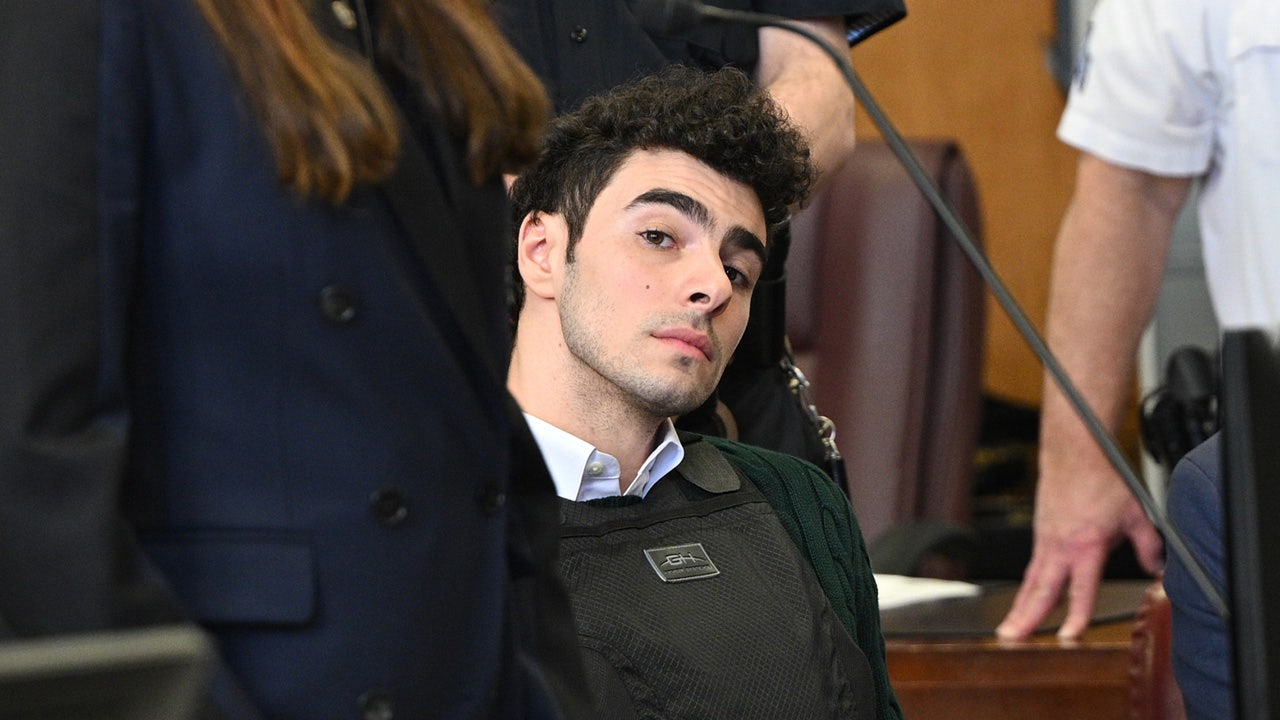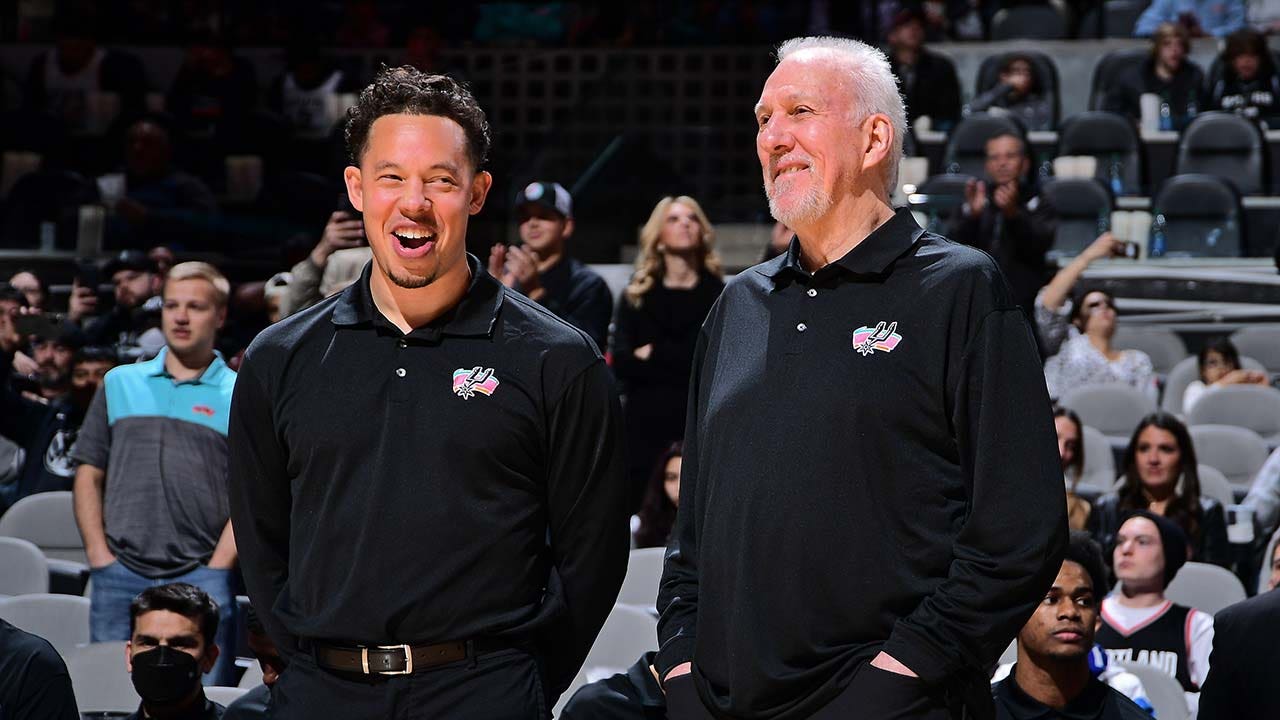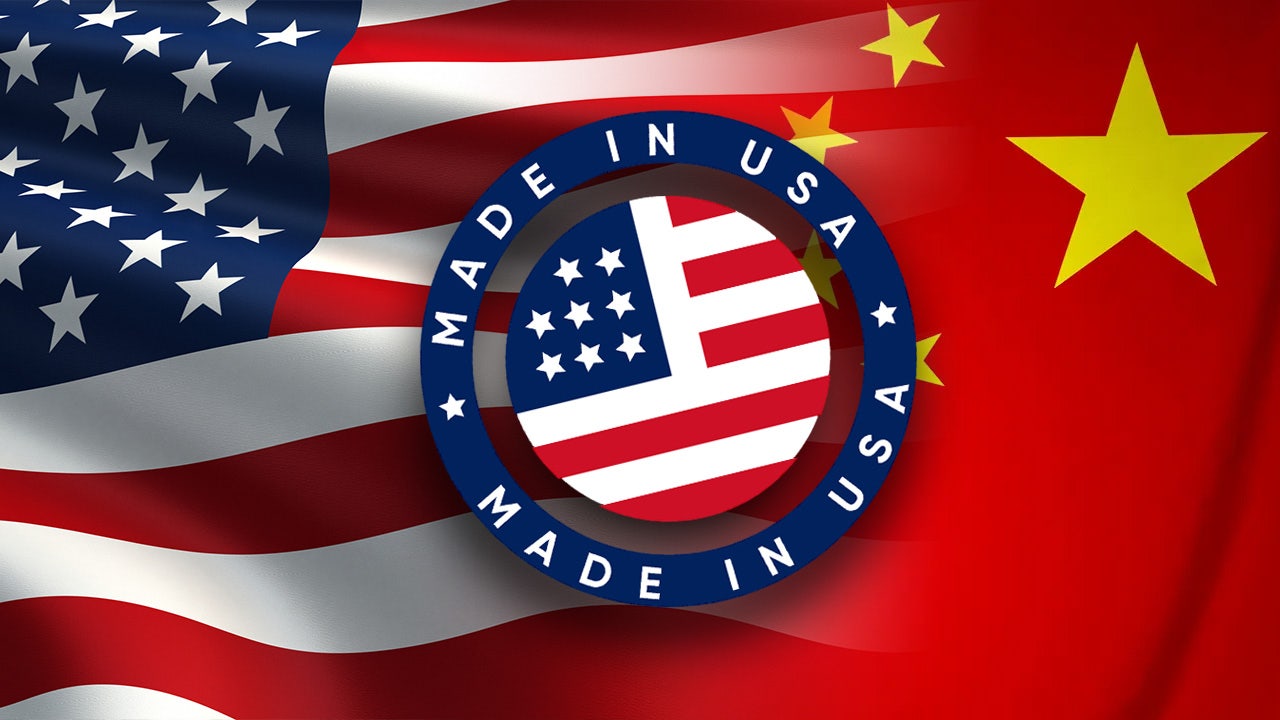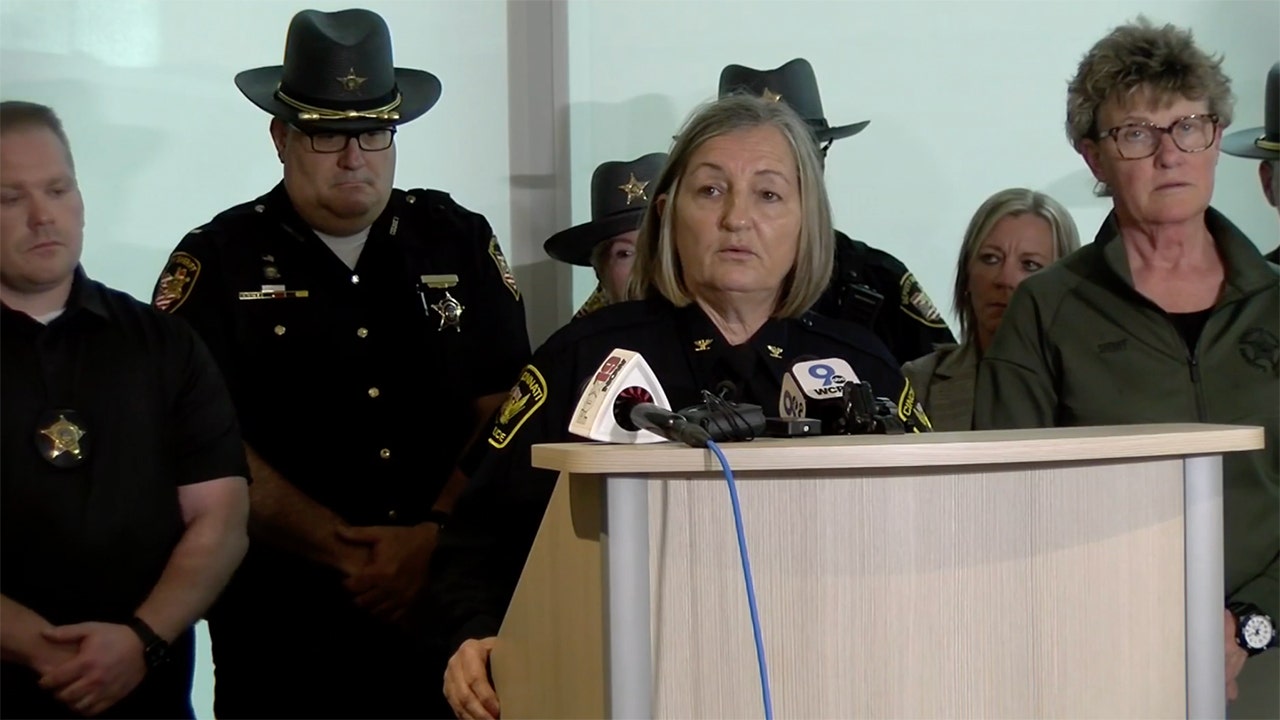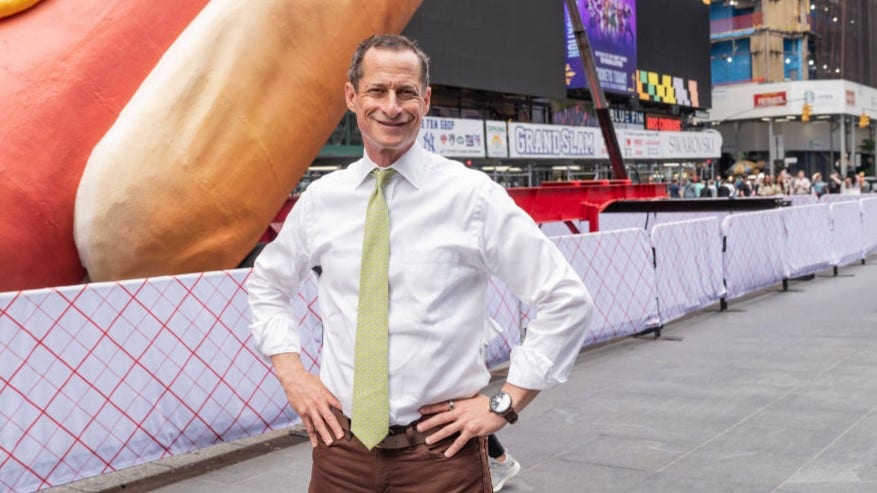Posted on Friday, May 2, 2025
|
by Kamden Mulder
|
0 Comments
|
A top Democrat Party official is now openly threatening to primary sitting members – just the latest sign of a political movement at war with itself.
Last month, The New York Times reported that 25-year-old David Hogg, who was elected earlier this year to one of two open vice chair slots for the Democratic National Committee (DNC), is plotting to take down Democrat incumbents through Leaders We Deserve, a left-wing organization dedicated to sending more progressives to Congress. Hogg, who is the president of the group, announced a $20 million effort “to elect younger leaders and to encourage a more combative posture against President Trump.”
Hogg made a name for himself following the 2018 school shooting in Parkland, Florida, as an anti-gun activist. He has since become one of the top enforcers of ideological purity within the party, helping organize and fund primary challenges against Democrat elected officials deemed insufficiently loyal to progressive causes.
Typically, the DNC and RNC are expected to remain neutral in primaries – the job of the parties is to support their nominees against the opposing party. Yet Hogg has nonetheless embarked on a crusade to fill every ballot with younger and more radical candidates.
“More than anything, it is: Do you want to roll over and die, or do you want to fight?” Hogg said of his decision to target Democrat incumbents. “And too many people look at our party right now and feel like we want to roll over and die.”
Unsurprisingly, that sort of rhetoric has landed him in hot water with other Democrat leaders. DNC Chair Ken Martin took a swipe at Hogg shortly after the news broke, saying that party officers “can’t be both the referee and also the player at the same time.”
Later, Martin was more direct: “Let me be unequivocal, no DNC officer should ever attempt to influence the outcome of a primary election,” he said. “As I’ve said to [Hogg], if you want to challenge incumbents, you’re more than free to do that, but just not as an officer of the DNC, because our job is to be neutral arbiters.”
The DNC currently has a policy requiring party officials to remain neutral in presidential primaries, but Martin has floated expanding that pledge to lower-level races as well.
House Minority Leader Hakeem Jeffries has also taken umbrage at the prospect of a top DNC official funding primaries against his members. “I look forward to standing behind every single Democratic incumbent, from the most progressive to the most centrist and all points in between,” Jeffries told ABC News. “They’re working hard in their communities, rising to the occasion.”
Democrat strategist James Carville was even more blunt, attacking Hogg’s plan as the “most insane thing” he’d ever heard and questioning whether Hogg is breaching his “fiduciary duty” as a party officer. Carville also referred to Hogg as a “contemptible little twerp” and accused him of “jacka**ery.”
While Hogg has pledged to focus on safe blue districts, President Trump’s decisive victory in November sent a clear signal: progressive ideology is out of step with the national mood. The more Democrats embrace figures like Hogg, the more they risk alienating the very voters they need to win. And while these primary efforts may be aimed at deep-blue seats, political trends don’t obey partisan boundaries.
Recent data underscores the scale of the problem for progressives. A post-election survey conducted by the center-left group Third Way found that Americans overwhelmingly trusted Trump over Harris on virtually every major issue: by 21 points on border security, 11 points on crime, 9 points on the economy, and 8 points on the cost of living.
These aren’t fringe concerns—they’re the issues topping every voter’s priority list. As Third Way put it: “It’s hard to imagine how a candidate can win when voters say they prefer their opponent by wide margins on the issues that have topped every priority list all cycle.”
The progressive base that Hogg is trying to mobilize simply isn’t as large—or as representative of mainstream opinion—as he and his allies believe. This is why other Democrat leaders have been quick to distance the party from Hogg’s efforts.
Yet Hogg remains defiant. Rather than interpreting last November’s results as a rejection of progressive overreach, he’s chosen to double down – insisting that what the party needs isn’t course correction, but further radicalization. In doing so, he’s laying the groundwork for deeper divisions within the Democrat Party ranks.
If this intra-party civil war escalates, Republicans will have an extraordinary opportunity—not just to maintain power, but to expand it. In an environment where left-wing activists are dragging their party away from the center, conservative candidates could find unexpected traction, even in districts long considered unwinnable.
Hogg and his movement may think they’re building the future. But if they succeed, they may instead be writing the GOP’s roadmap to a lasting majority.
Kamden Mulder is a senior at Hillsdale College pursuing a degree in American Studies and Journalism. You can follow her on X @kamdenmulder_.
Read the full article here

